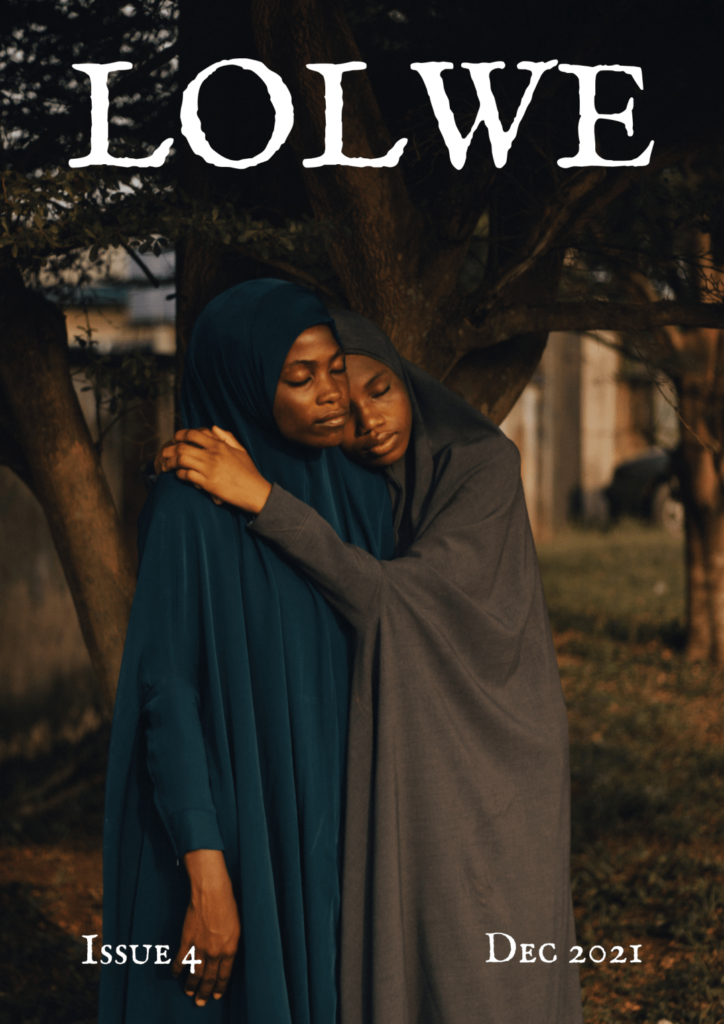By Troy Onyango, Editor-in-Chief of Lolwe
How do we tell a story? Where do we begin? What do we choose to tell and what do we leave out? What do we forget and what do we remember?
In the traditional storytelling format, we gather around a fire, huddle close to one another and wait for someone to take centre-stage:
“Once upon a time.”
“A long time ago.”
And so, with this invitation, we begin.
But, time and time again, stories have shown us that rules are not really rules—they can be bent, broken, ignored, disregarded, forgotten. The world of storytelling allows us to remember differently. To dismember worlds and words and create anew. To re-member what we can construct from what was once lost to the chaos of memory.
Storytelling allows us this freedom to reimagine the past, the present and the future. For creativity to flourish, one has to liberate themselves from the rigid ideas of what a story should or should not be.

The process of preparing for an issue of Lolwe takes months—days and nights without end—and, eventually, when it is ready for publication, it is the result of so many hands coming together to create something worthy of our committed readers. For this issue, I am glad to have worked with Nsah Mala, Ber Anena, and Loic Ekinga, who read through several submissions, made their selections, and did the wonderful work of collaborating with the writers on the stories, essays, and poems. They were, in all ways, a joy to work with.
I am also lucky to work with the brilliant team of editorial assistants, including Moso Sematlane, Michelle Korir, and Zenas Ubere. Without them, Lolwe wouldn’t publish work as regularly and consistently as we do.
I am grateful to Rachel Seidu, who provided us with the photograph of Amina and Habiba as the cover image, and to Mòje Ikpeme, who provided the illustrations that gave colour to the stories, poems, and essays.
Every donation made to Lolwe is a new lease of life for the magazine. It allows us to keep our promise to pay artists—a commitment we made from the start and that we intend to keep always. We recognise the value in art, and we have to pay the artist for that value. We encourage more people to support the work Lolwe does by helping us pay the writers whose work we publish.
To the writers who submit their work to and get published on Lolwe: we appreciate you. Your words provide comfort and give meaning to our joys and sorrows, our aches and longings. We hope the fire within, that spark of creativity, keeps burning.
Lolwe wouldn’t be where it is without you, our readers. We appreciate the readership, the engagement, and the continued support. It means so much to us that we have a Pan-African network of readers who read and share our work with other readers.
Read Lolwe’s Issue 4.


